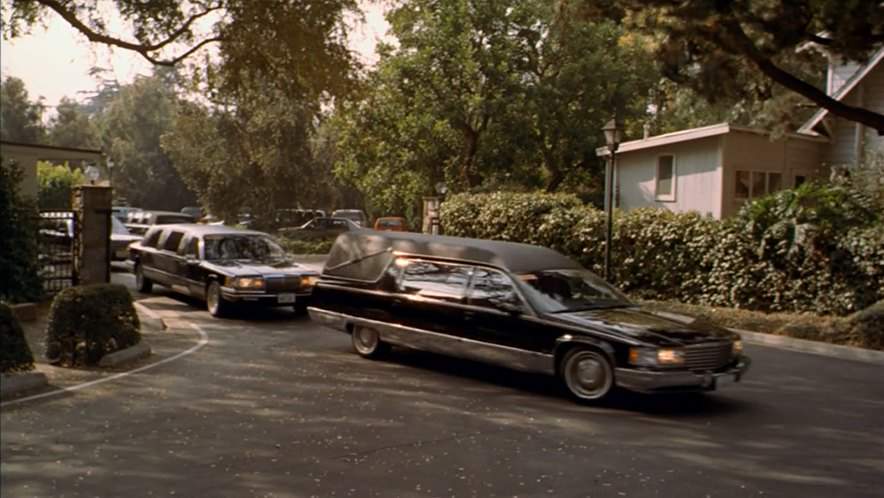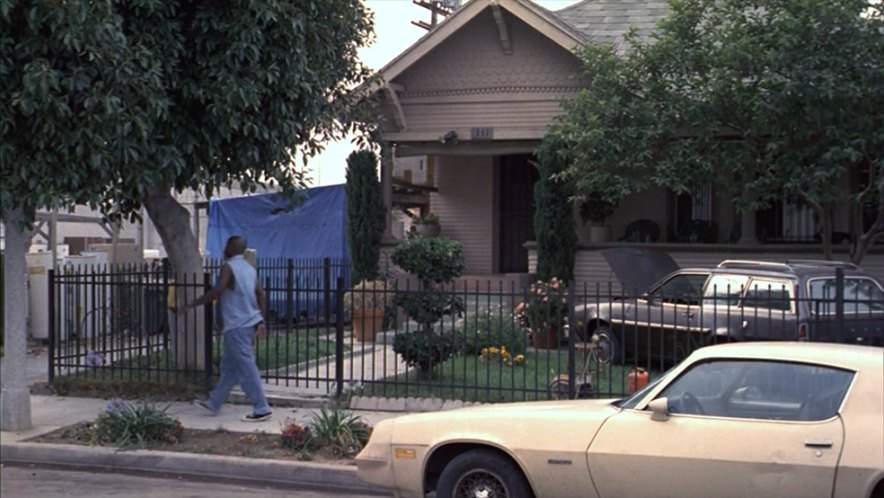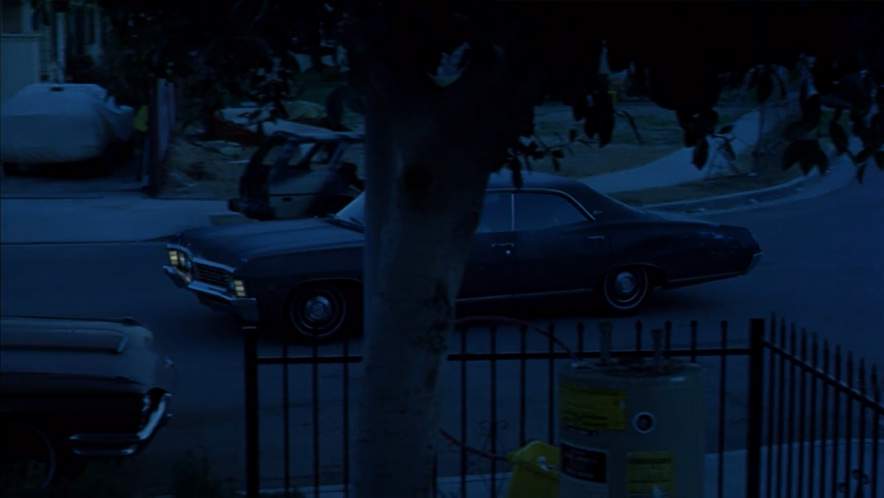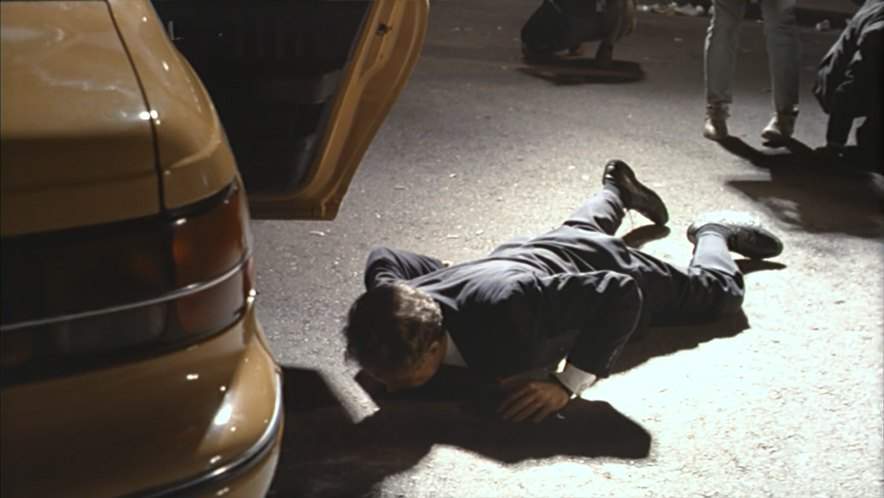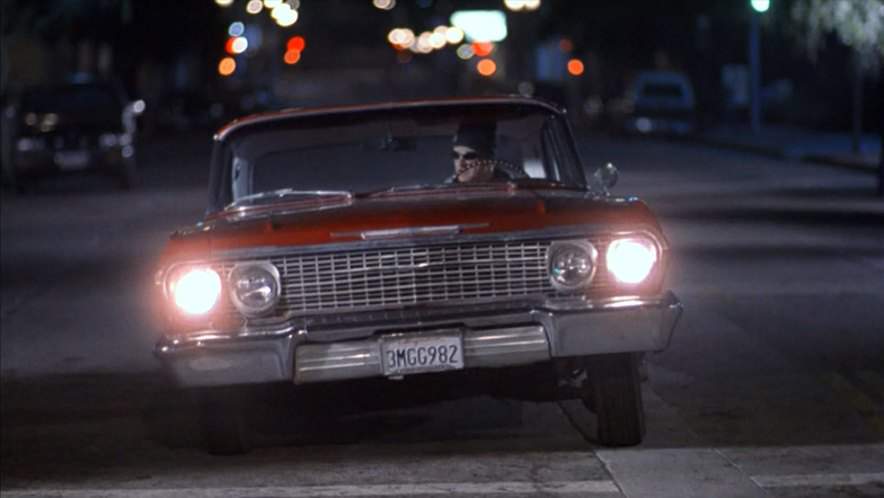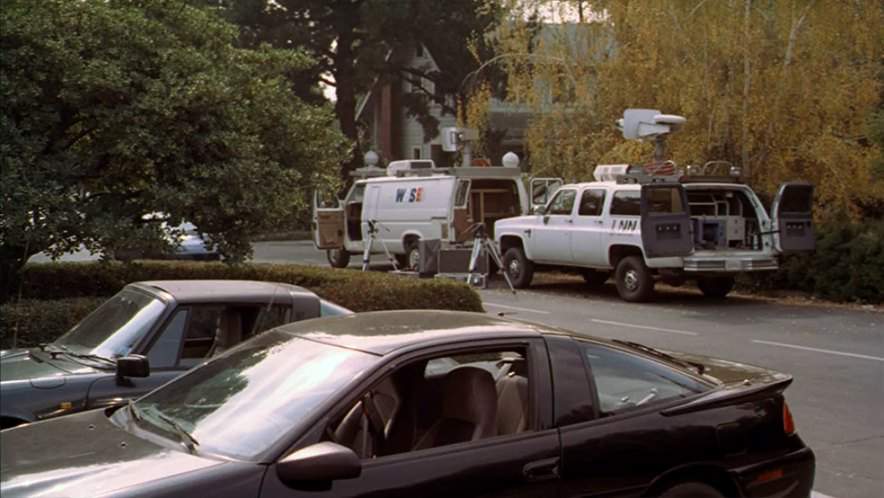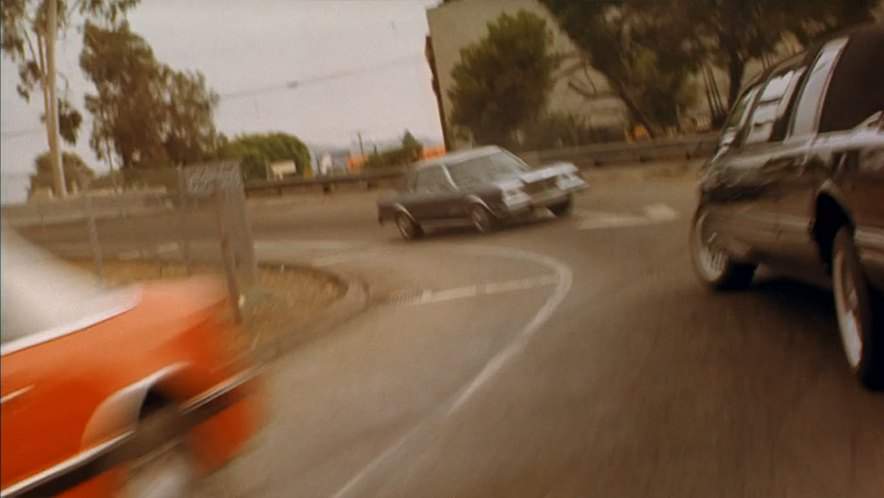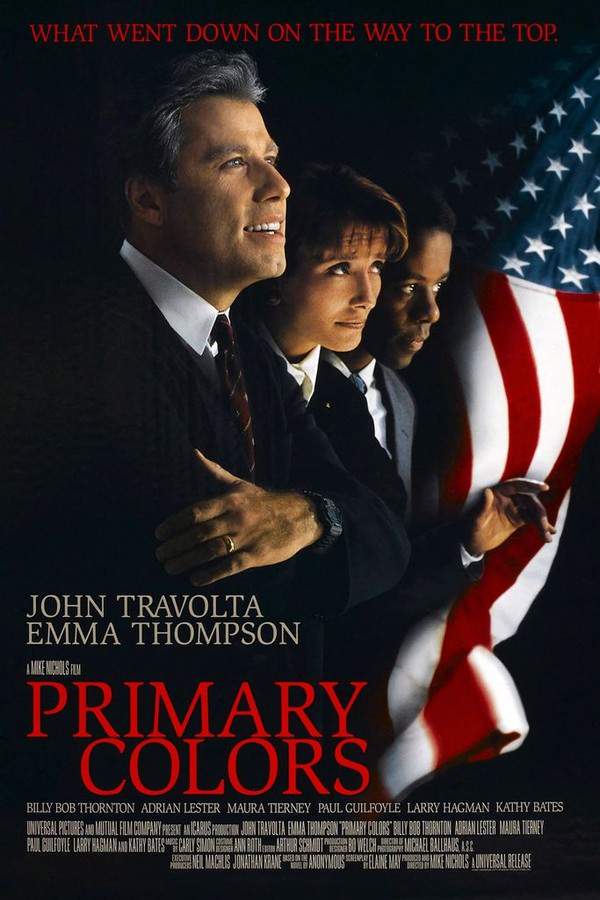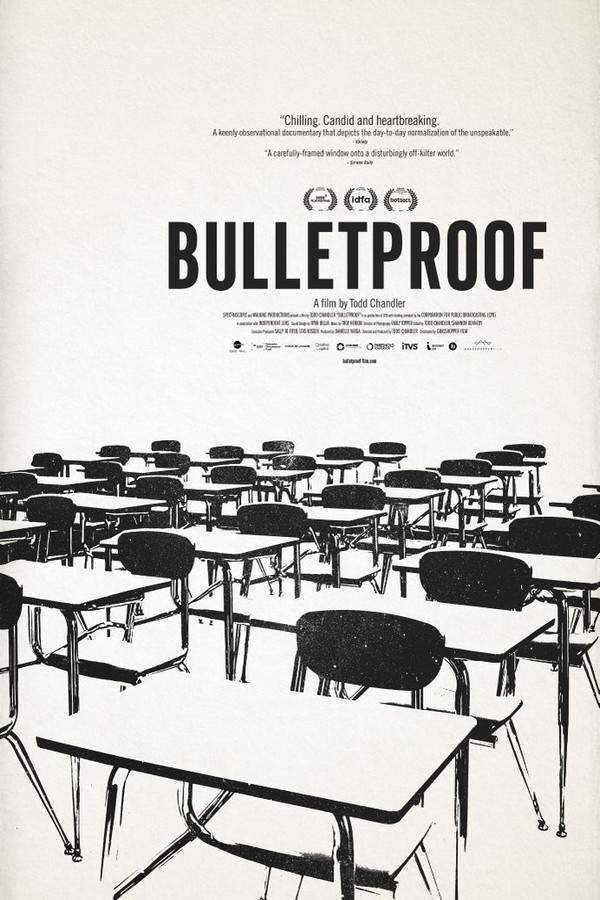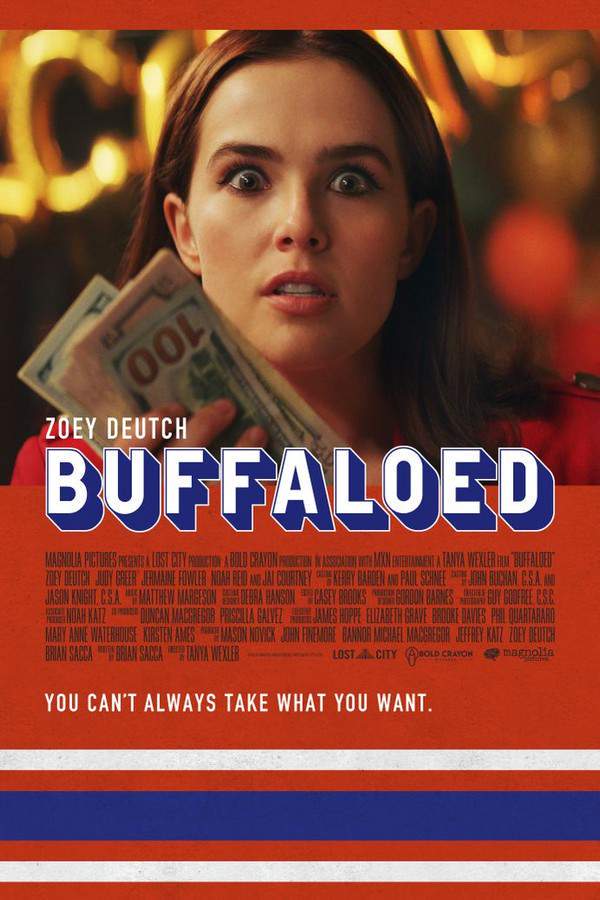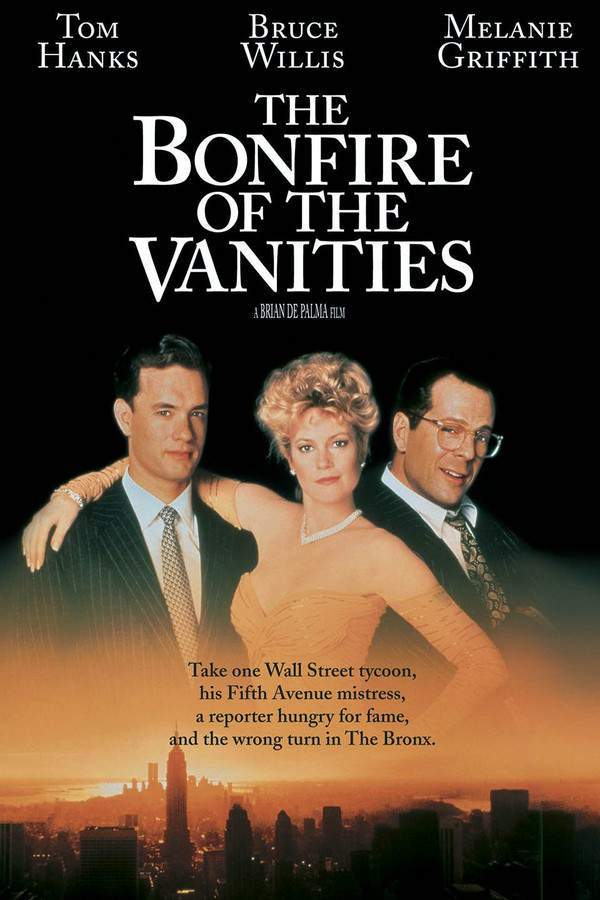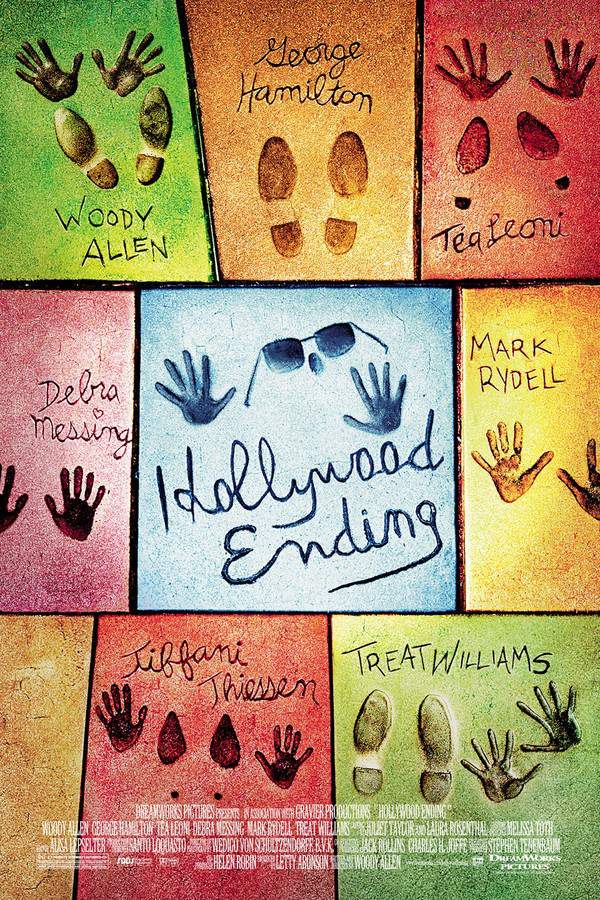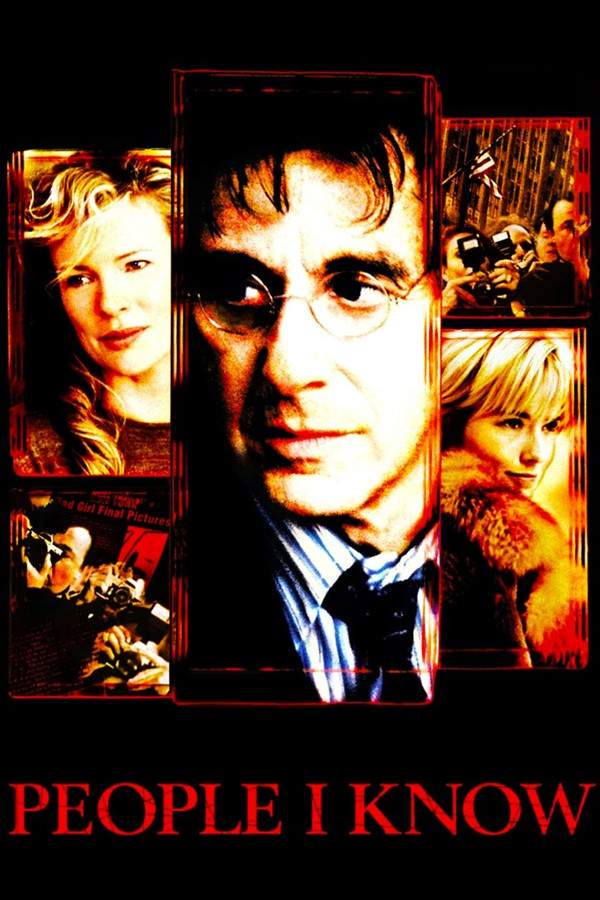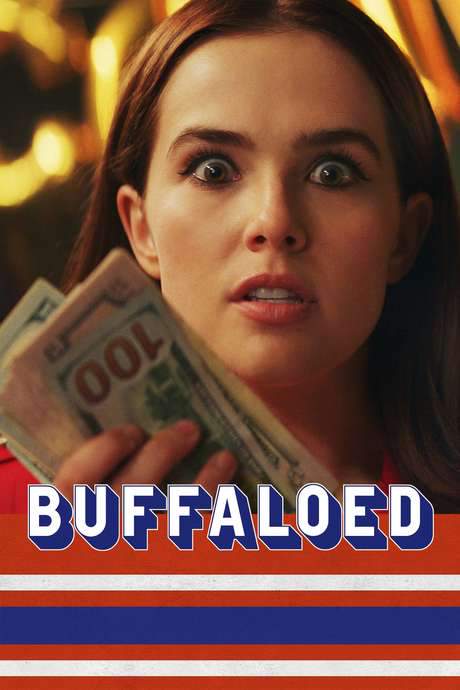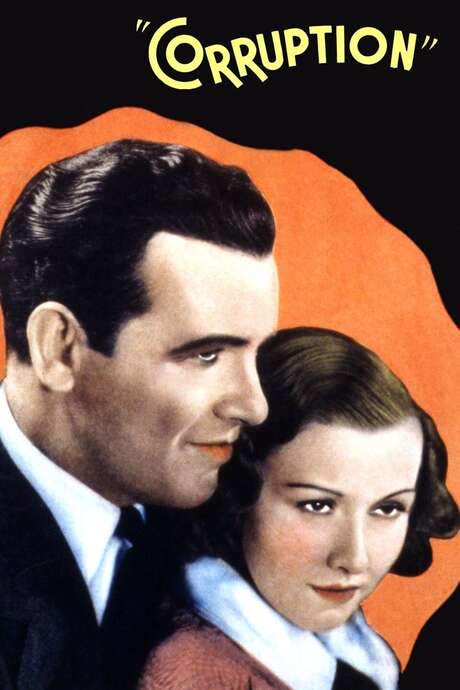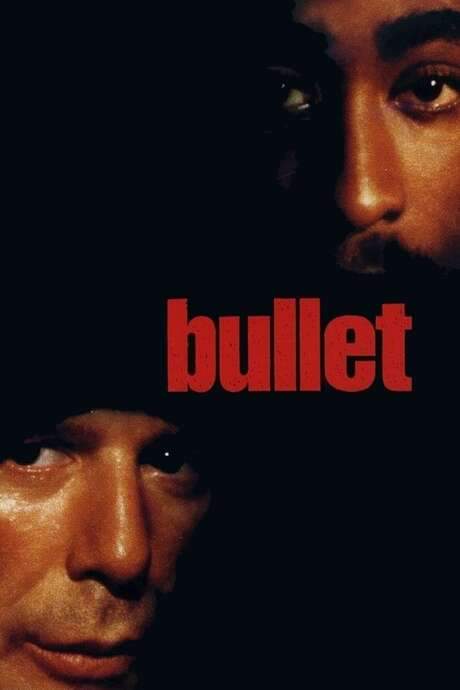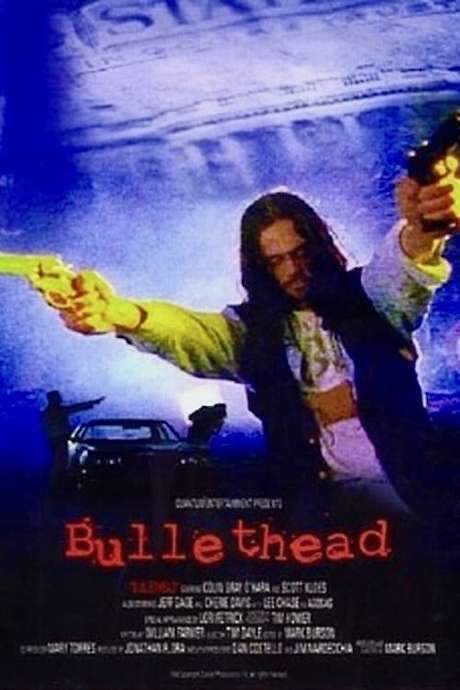Bulworth 1998
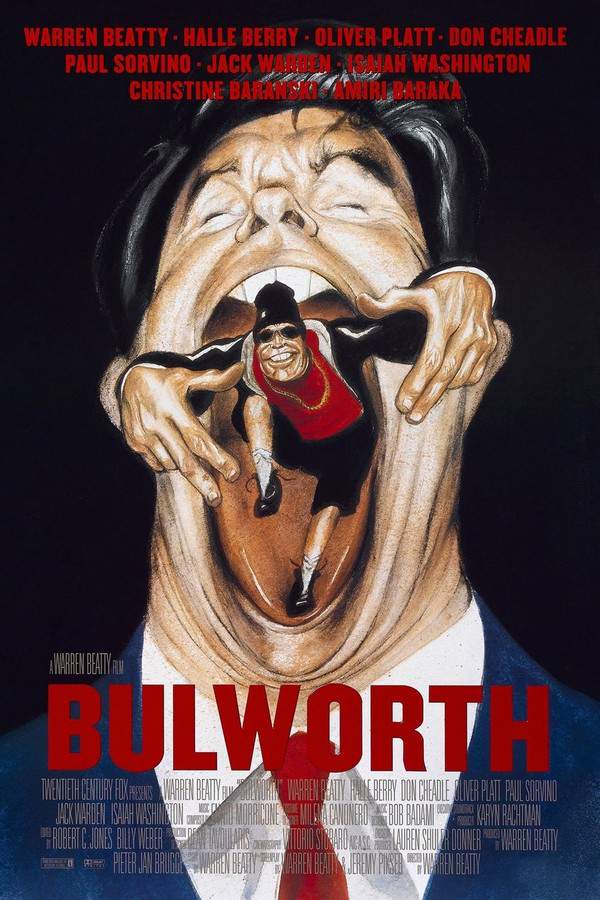
A cynical and financially ruined politician, Senator Jay Bulworth, contemplates ending his life and leaving his assets to his family. However, as he prepares for this drastic measure, he unexpectedly embraces a newfound freedom, abandoning his carefully constructed image and speaking openly about his true beliefs. This journey of liberation is further complicated by an unexpected romance that challenges his plans and offers a chance at redemption.
Does Bulworth have end credit scenes?
No!
Bulworth does not have end credit scenes. You can leave when the credits roll.
Meet the Full Cast and Actors of Bulworth
Explore the complete cast of Bulworth, including both lead and supporting actors. Learn who plays each character, discover their past roles and achievements, and find out what makes this ensemble cast stand out in the world of film and television.
External Links and Streaming Options
Discover where to watch Bulworth online, including streaming platforms, rental options, and official sources. Compare reviews, ratings, and in-depth movie information across sites like IMDb, TMDb, Wikipedia or Rotten Tomatoes.
Ratings and Reviews for Bulworth
See how Bulworth is rated across major platforms like IMDb, Metacritic, and TMDb. Compare audience scores and critic reviews to understand where Bulworth stands among top-rated movies in its genre.

75
Metascore
6.6
User Score


76%
TOMATOMETER

68%
User Score

6.8 /10
IMDb Rating

63
%
User Score
Take the Ultimate Bulworth Movie Quiz
Challenge your knowledge of Bulworth with this fun and interactive movie quiz. Test yourself on key plot points, iconic characters, hidden details, and memorable moments to see how well you really know the film.
Bulworth Quiz: Test your knowledge about the film Bulworth and its exploration of political truths and personal transformations.
What is Jay B. Bulworth's profession?
Democratic Senator
Insurance Agent
Activist
Mayor
Show hint
Awards & Nominations for Bulworth
Discover all the awards and nominations received by Bulworth, from Oscars to film festival honors. Learn how Bulworth and its cast and crew have been recognized by critics and the industry alike.
71st Academy Awards 1999
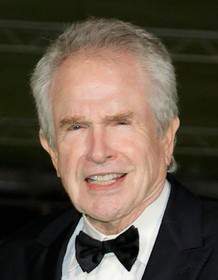
56th Golden Globe Awards 1999
Best Motion Picture – Drama

Best Screenplay
Full Plot Summary and Ending Explained for Bulworth
Read the complete plot summary of Bulworth, including all major events, twists, and the full ending explained in detail. Explore key characters, themes, hidden meanings, and everything you need to understand the story from beginning to end.
Set in March 1996, we meet Jay B. Bulworth, a 60-year-old Democratic U.S. Senator portrayed by Warren Beatty, who finds himself grappling with the potential end of his political career against a vibrant young contender. Once a staunch socialist, Bulworth’s political ideals have faded, compromising his values for donations from wealthy corporations as he seeks re-election. Meanwhile, he and his wife, Constance (played by Christine Baranski), maintain the illusion of a happy marriage, despite both engaging in extramarital affairs with full awareness of one another.
Feeling disillusioned with life and politics, time is running out for Bulworth, who struggles with insomnia and plans to end his life. In a dramatic turn, he arranges for a $10 million life insurance policy, naming his daughter as the beneficiary, while intending to beat the odds of suicide cancelling the policy by hiring an assassin to take him out within two days.
Upon arriving in California for his campaign, Bulworth descends into a state of heavy drinking, astonishing his campaign manager, Dennis Murphy (played by Oliver Platt). In a surprising turn of events, he speaks candidly at an African American church in South Central Los Angeles, where his unfiltered remarks, coupled with an unexpected penchant for rapping, capture the hearts of the media and revive his campaign. Along this journey, he becomes infatuated with a spirited young activist named Nina, played by Halle Berry, who accompanies him on his campaign trail.
As the public frenzy grows, Bulworth finds himself under scrutiny not only from the paparazzi but also from his insurance company and supporters, all while being haunted by the impending threat of his assassination. Following a contentious televised debate where he openly critiques the insurance sector and the U.S. healthcare system, he retreated to Nina’s family’s home in the ghetto, experiencing a pivotal moment of connection with the community—buying ice cream for children selling crack and confronting police discrimination.
Bulworth’s public discussions resonate with the viewers, leading him to offer outlandish yet thought-provoking solutions to societal issues, notably proposing that “everybody should fuck everybody” until all are “the same color,” which stuns both the audience and his interviewer. Following this controversial TV segment, an unexpected twist occurs when he discovers Nina is actually the hitwoman he hired, but her feelings for him evolve, saving him from his own fate.
As Bulworth finally finds respite in Nina’s arms, he sleeps for over 36 hours, achieving a level of peace he hasn’t felt in ages. This lapse creates a stir in the media as his absence coincides with election day, sparking conversations on race, inequality, and poverty across the nation. In an astonishing turn of events, Bulworth wins the primary by a considerable margin.
On the morning following his election victory, chaos unfolds as press and campaign members converge at Nina’s residence, offering their congratulations. A reformed L.D. (Don Cheadle), a local drug lord, arrives with a surprising offer of leniency regarding Nina’s brother’s debt. However, as Bulworth emerges from the shadows, rejuvenated and grateful, he invites Nina along for the journey ahead.
In a climactic moment of joy, Bulworth is tragically shot in front of supporters and reporters by Graham Crockett (Paul Sorvino), an agent aligned with the insurance lobby who opposes Bulworth’s pro-healthcare stance. The film closes on an ambiguous note, with Bulworth’s fate uncertain, as an elderly vagrant he encountered earlier implores him not to become “a ghost” but rather “a spirit,” echoing earlier themes of purpose and legacy through song. In the final shot, he invites the audience to join him in this quest for meaning.
Uncover the Details: Timeline, Characters, Themes, and Beyond!

Coming soon on iOS and Android
The Plot Explained Mobile App
From blockbusters to hidden gems — dive into movie stories anytime, anywhere. Save your favorites, discover plots faster, and never miss a twist again.
Sign up to be the first to know when we launch. Your email stays private — always.
Watch Trailers, Clips & Behind-the-Scenes for Bulworth
Watch official trailers, exclusive clips, cast interviews, and behind-the-scenes footage from Bulworth. Dive deeper into the making of the film, its standout moments, and key production insights.
Cars Featured in Bulworth
Explore all cars featured in Bulworth, including their makes, models, scenes they appear in, and their significance to the plot. A must-read for car enthusiasts and movie buffs alike.
Bulworth Themes and Keywords
Discover the central themes, ideas, and keywords that define the movie’s story, tone, and message. Analyze the film’s deeper meanings, genre influences, and recurring concepts.
Bulworth Other Names and Titles
Explore the various alternative titles, translations, and other names used for Bulworth across different regions and languages. Understand how the film is marketed and recognized worldwide.
Similar Movies To Bulworth You Should Know About
Browse a curated list of movies similar in genre, tone, characters, or story structure. Discover new titles like the one you're watching, perfect for fans of related plots, vibes, or cinematic styles.
Quick Links: Summary, Cast, Ratings, More

What's After the Movie?
Not sure whether to stay after the credits? Find out!
Explore Our Movie Platform
New Movie Releases (2026)
Famous Movie Actors
Top Film Production Studios
Movie Plot Summaries & Endings
Major Movie Awards & Winners
Best Concert Films & Music Documentaries
Movie Collections and Curated Lists
© 2026 What's After the Movie. All rights reserved.















